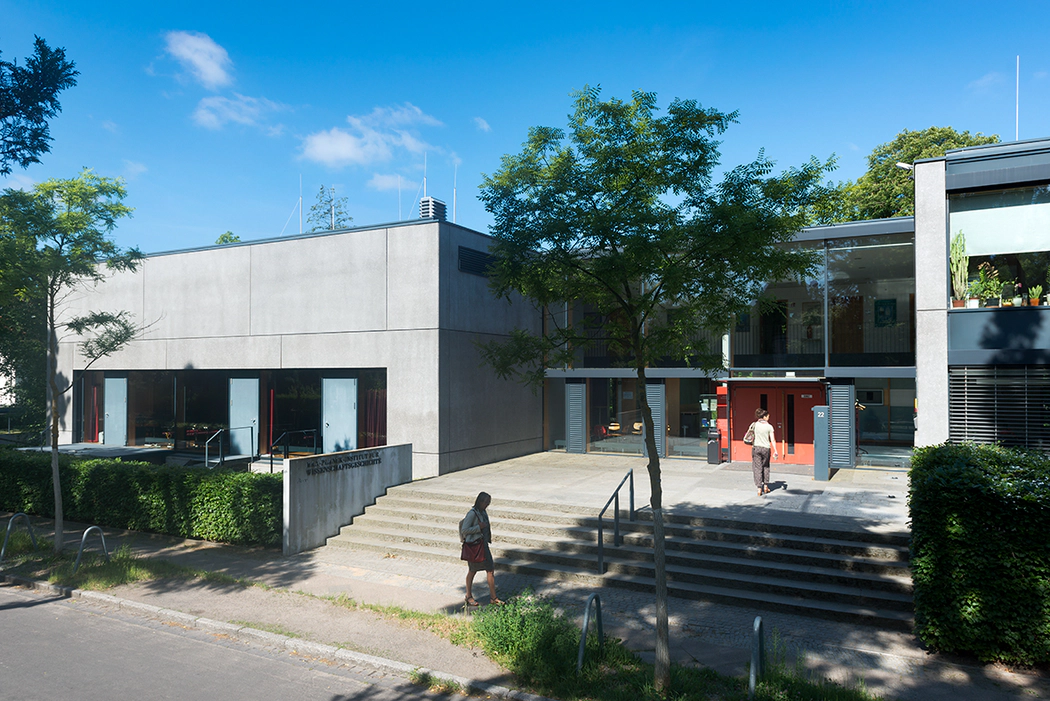What Can Artisanal Production Teach Us About Knowledge and Ownership?
DOI:
https://doi.org/10.21036/LTPUB101053Researcher
Annapurna Mamidipudi is a Visiting Scholar at the Max Planck Institute for the History of Science. She has previously held a post-doctoral position at the University of Maastricht where she completed her PhD. Her main research interests include sustainable agriculture, politics and development and the role of traditional crafts (particularly hand weaving) in the contemporary world. A trained engineer, Mamidipudi set up an NGO that has supported traditional craftwork in India for almost 20 years. Mamidipudi has also produced an opera album, Pallaki Seva Prabandhamu, directed by R. Vedavalli.

Original Publication
Ownership of Knowledge: Beyond Intellectual Property
Martin Fredriksson
Published in
Citation
Annapurna Mamidipudi,
Latest Thinking,
What Can Artisanal Production Teach Us About Knowledge and Ownership?,
https://doi.org/10.21036/LTPUB101053,
Credits:
© Annapurna Mamidipudi
and Latest Thinking
This work is licensed under CC-BY 4.0
